Kit Cat director Kenneth Koh sees that the continent, where the pet food segment is expected to grow at an annual rate of 4.4 per cent until 2025, has potential. Apart from its home turf of Singapore, Kit Cat is also present in Indonesia, Malaysia, Thailand, Vietnam, the Philippines, Brunei, Japan, Myanmar, Taiwan, Korea, Hong Kong and China. In the Middle East, its products are sold in Saudi Arabia, Dubai, Kuwait, Bahrain, Israel and Iran, while in Europe, Kit Cat can be found in France, Spain, Poland, Russia, Turkey, the Netherlands, Greece and Romania. Kit Cat products are also available in Australia, Canada, the United States, South Africa and Kenya. In South America, it has so far penetrated Uruguay, Ecuador and Panama. "Every market with cats is a potential market for us," Kevin Koh says. The play for South America would bolster the company's ambitions of competing with leading multinational pet food brands.
How it all began
An affiliate of Singaporean importer B2K Pet Products, Kit Cat was established after the Koh family saw a need to provide cat litter that cash-strapped feline shelters in the city state could afford. "Back in 2014, it was common for cat shelters to use newspaper as litter," Kenneth Koh notes. From its first line of cat litter, Kit Cat expanded into four more categories catering specifically to felines: wet food, dry food, treats and milk. The B2B company, which creates its own formulations and subcontracts production to facilities in Germany, Thailand and China, boasts natural products devoid of harmful ingredients or additives.
"Pet owners treat their pets even better than themselves; hence they will always want the best products for their fur kids," Kenneth Koh explains. Kit Cat concentrated on cat products because it had been an underserved market in Singapore, where dogs are the preferred pet species and cat ownership is subject to stringent regulations.
A statistic derived from an October 2018 survey of 495 Singaporeans - 45 per cent of whom were pet owners - indicates that 20 per cent of those who owned pets in the country tended to have cats, while 58 per cent kept dogs. Those who had fish made up 21 per cent of the pie, slightly outnumbering cat keepers. A ban imposed by the Housing Development Board of Singapore, the republic's public housing authority, on keeping cats in public flats factors into the relatively small percentage of feline owners in the country: residents of public housing make up 80 per cent of Singapore's…

 Menü
Menü

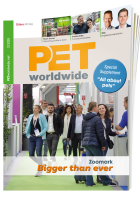



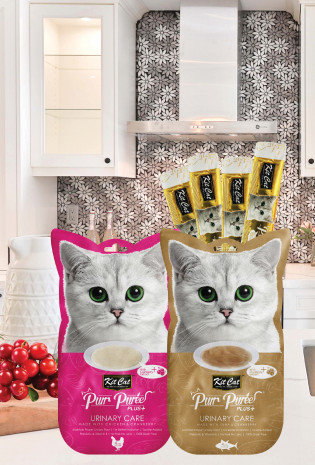





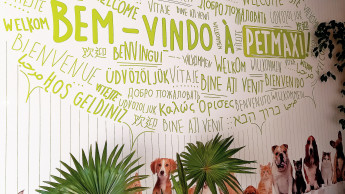
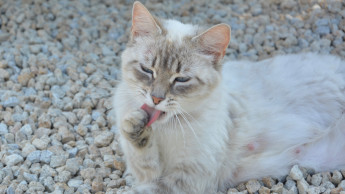
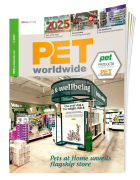


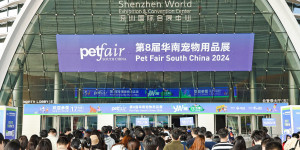




 Newsletter
Newsletter